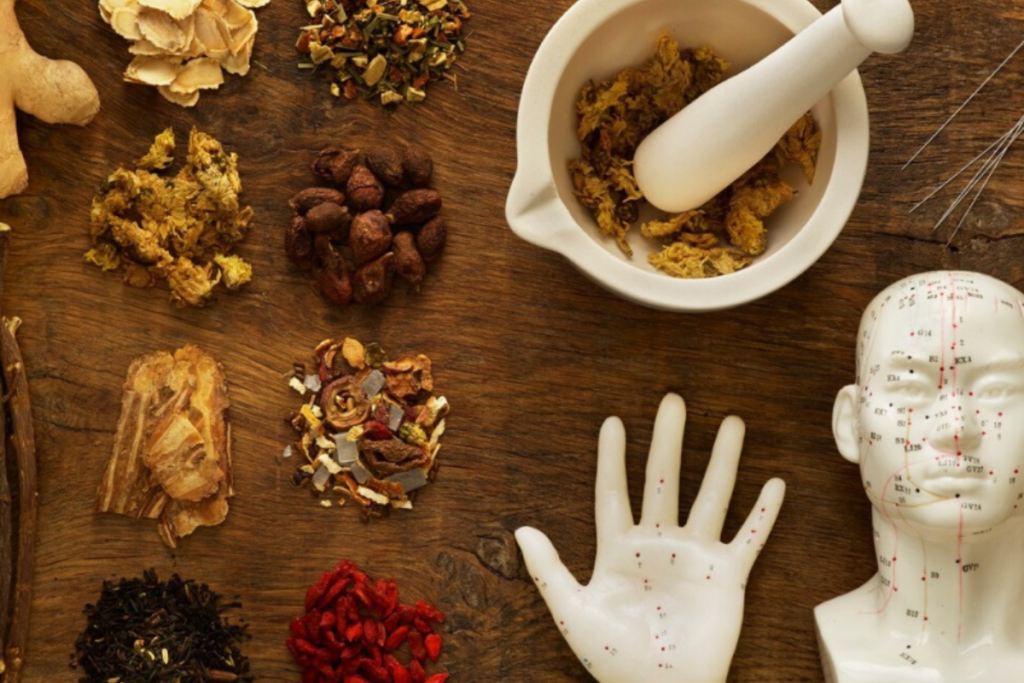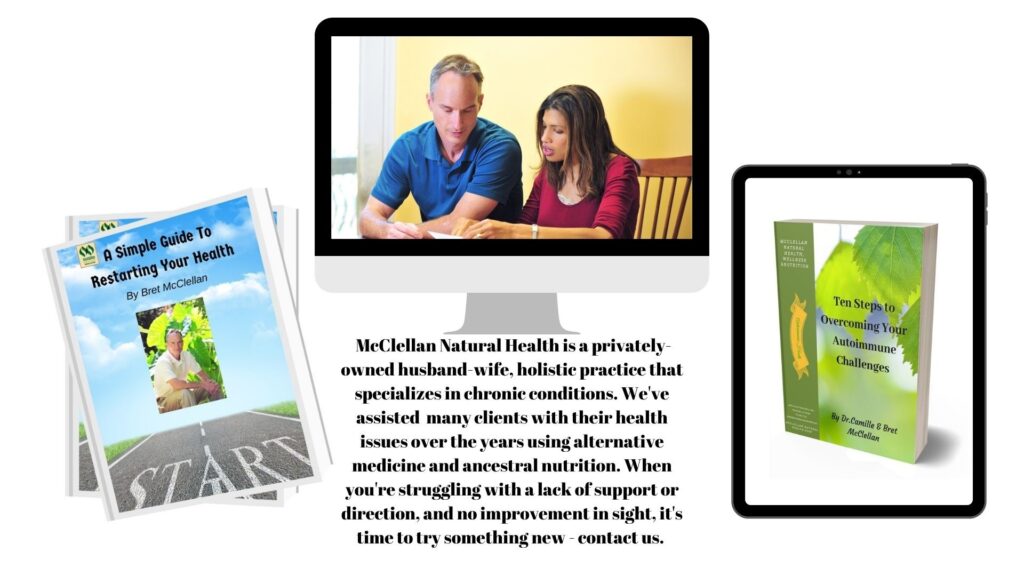“What is the essence of a woman?” This is one of the questions the judges asked during the 1994 Miss Universe competition.
One contestant, Sushmita Sen, gave such a wonderful answer that she won the Miss Universe title that year.
According to her, the essence of a woman is being a mother to a child and teaching him (or her) about sharing, caring and loving.
Indeed, one of the main and most important roles of any woman is being a good mother to her children. However, not every woman is blessed with the ability to bear a child.
Pregnancy is one stage in life that almost every woman will undergo. Women, with their unique anatomy and physiology, are naturally built to be capable of producing life. For some reason, however, some women are not able to do this.
This situation leads to various negative effects on a woman’s relationship with her partner and her self-concept.
In response to this concern, different treatments or medications are already available for women to consider. However, some, if not all, of those treatments have certain disadvantages or side effects.
Based on a discussion about infertility posted at About.com, infertility can be caused by three main reasons.
Those involving a woman’s anatomy are classified under structural issues, which can be problems occurring in the fallopian tube, uterus or cervix caused by blockage, fibroid or insufficient opening.
Another possible cause concerns the physiology of pregnancy — a biomechanical issue.
Scar tissues that can cause blockage within the uterus and fallopian tube can hinder a woman from getting pregnant.
Finally, infertility can originate from a primary problem with ovulation and is thus called an ovulatory issue.
Hormonal abnormalities, the effect of some medications and other health problems can harm the functioning of the ovary and cause ovarian failure
A woman’s inability to get pregnant can be very stressful not only to herself but also to her partner.
Because it is expected of her to bear children, not being able to do so is considered a failure on her part.
The pressure imposed on her by her partner and other people may add up to her stress and anxiety.
She may start blaming herself for this situation and develop a concept of herself as someone who is “damaged.” Her partner, on the other hand, may feel both disappointed and helpless faced with this problem.
The stressfulness of their problem can cause negative changes in their mood and attitude.
If the stress and anxiety of having this problem will not be dealt with properly, it can lead to frequent fighting between couples and possibly cause them to separate or divorce.
Despite the initial feeling of helplessness, couples may still find encouragement in seeking possible solutions to a woman’s infertility.
Nowadays, medications like clomiphene citrate, follicle- stimulating hormone, and human menopausal gonadotropins are available in the market to stimulate ovulation in a woman.
These treatments, however, have potential side effects which include multiple birth incidence, headaches or blurred vision, depression and mood swings, pelvic discomforts and ovarian cysts.
Solution for structural and mechanical issues that cause infertility can be resolved mostly through surgery.
Another approach based on oriental medicine is also currently recognized as an effective treatment for female infertility.
Methods included under this approach include acupuncture and herbal medicine. The goal of acupuncture is to open the blocked energy that prevents fertilization.
This is also believed to help restore the balance among organs especially in the endocrine system. On the other hand some herbal plants when ingested can increase the chances of pregnancy.
These forms of treatment, however, can take a long time covering a period of approximately three to twelve months before it can be effective.
With all available options as treatment for infertility nowadays, women may still fulfill their yearning for motherhood.
Despite the disadvantages or side effects of some medications, it is through careful consideration that women or couples should decide what to undergo.
If, despite all alternatives, pregnancy is still not possible for some women, this does not necessarily mean losing their essence. After all, motherhood is not just attained biologically.
Acupuncture for Fertility
Acupuncture for infertility promises miraculous cure even where modern scientific methods fail to work. Being a Chinese remedy, Acupuncture might conjure a feeling of dark rooms, hushed voices and incessant pains for pricking of needles.
But it is not the case when you go to treat your infertility syndrome with acupuncture. It, on the other hand, promises complete relaxation and instant cure from infertility.
Acupuncture is based on Chinese methods. The Chinese people believed that to remain healthy, energy should flow in a balanced way throughout your body. Whenever there is a blockage in the flow of that energy, inflammations will occur leading to severe pains and several types of diseases.
Since energy flows the meridian points, acupuncture inserts needles in different parts of the body to make energy flow smoothly. Placing needles on certain points unblocks the energy points. This reduces the particular type of disease.
What acupuncture treatment will suit you?
A close research on acupuncture and infertility shows that treatment depends from person to person. However, you should visit the doctor, state your problem and know what acupuncture fertility treatment is right for you.
Suggest every detail of your physical condition to the doctor and then go for particular acupuncture remedy.
Whether you are suffering from low sperm count, bad quality egg, miscarriage problems, troubling ovulation or blocked Fallopian tubes, acupuncture has a remedy for all.
Acupuncture is best for those people who have already undergone various treatments without any effective results. It is also appropriate for those who do not want to undergo any costly fertility treatments.
It is a safe, easy, reliable and painless method that provides fast relief from infertility. Acupuncture for infertility includes pricking of needles in the earlobes, eyebrows, eyelids, ears and fingertips.
After the needles are pricked, the patient has to relax for 30 to 45 minutes. Acupuncture guarantees complete cure from infertility by just 3-4 regular sessions.
Other Chinese herbal treatments
Acupuncture for infertility can include auricular, electrified or manual treatments. Electrified means using electric needles to cure pains and obstacles.
Auricular treatment involving pricking of needles in the ears and earlobes is an alternative therapy for female infertility due to hormone disorders. Another method used during acupuncture treatments for infertility includes usage of Chinese herbal medicines.
Hachimijiogan is a Chinese herb that subsequently reduces serum prolactin level and results in normal ovulatory cycle and pregnancy.
However, using rhubarb, endometriotic pill No 1 and Hochuekkito also reduces pelvic pain and intercourse pain, removes blood stasis, disintegrates mass and leads to purgation of serums.
Acupuncture works for infertility by increasing the production of endorphins or brain chemicals that help to reduce stress. It also improves blood supply to the ovaries, and the uterus.
This makes it easier for the uterus to nourish a fetus and reduce the risk of miscarriage effectively.
Atlanta acupuncture for infertility pregnancy suggests that the sessions stimulate the central nervous systems causing neurotransmitters and neurohormones to be released, thus reducing infertility effectively.
Camille McClellan, MD, DNM, MBS
Naturopathic practitioner
McClellan Natural Health, Wellness & Nutrition
Free Naturopathic/Homeopathic Consults Available

